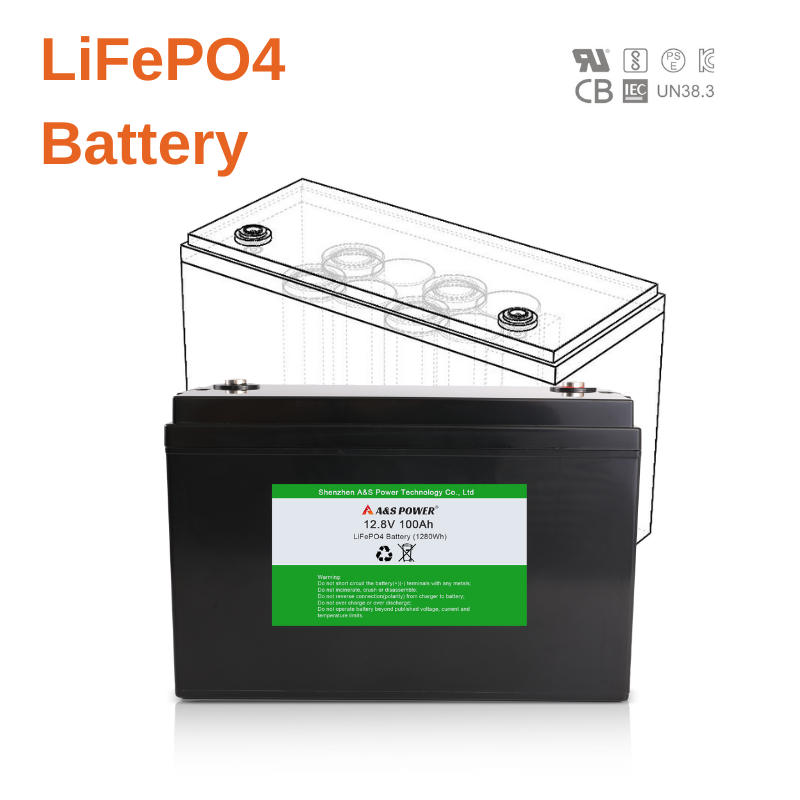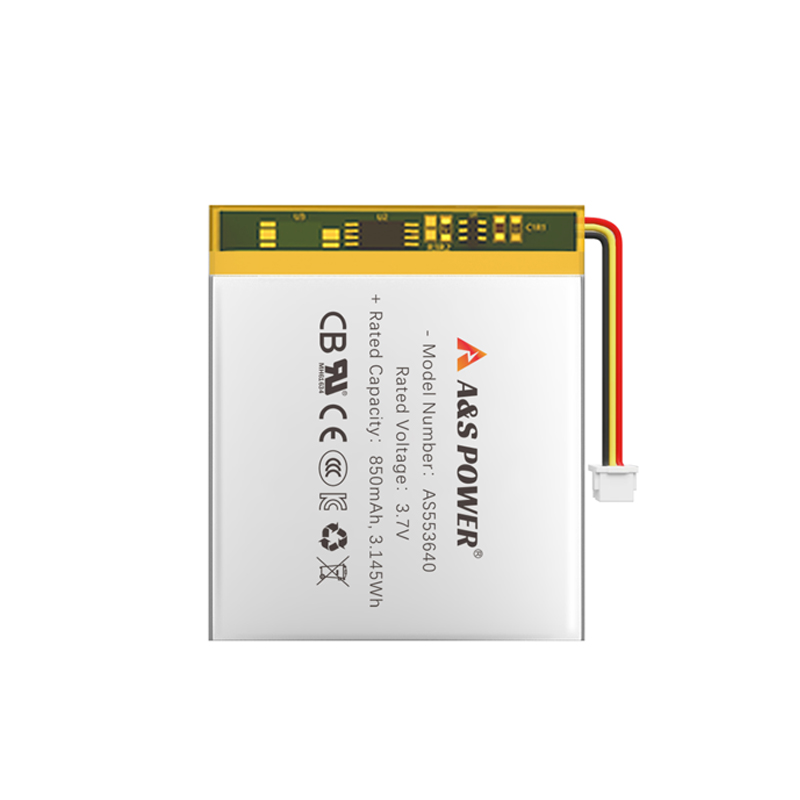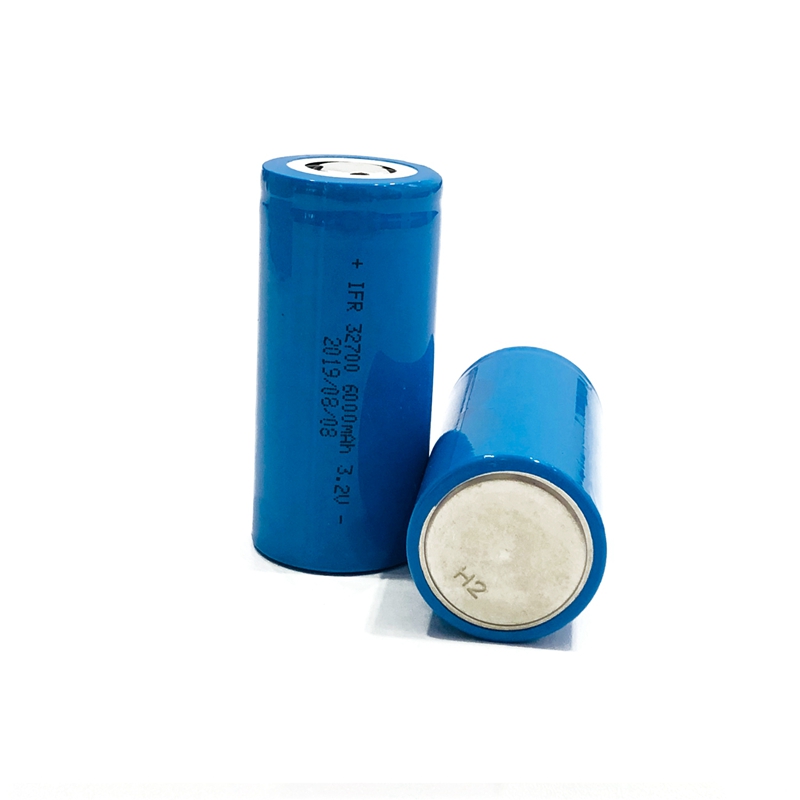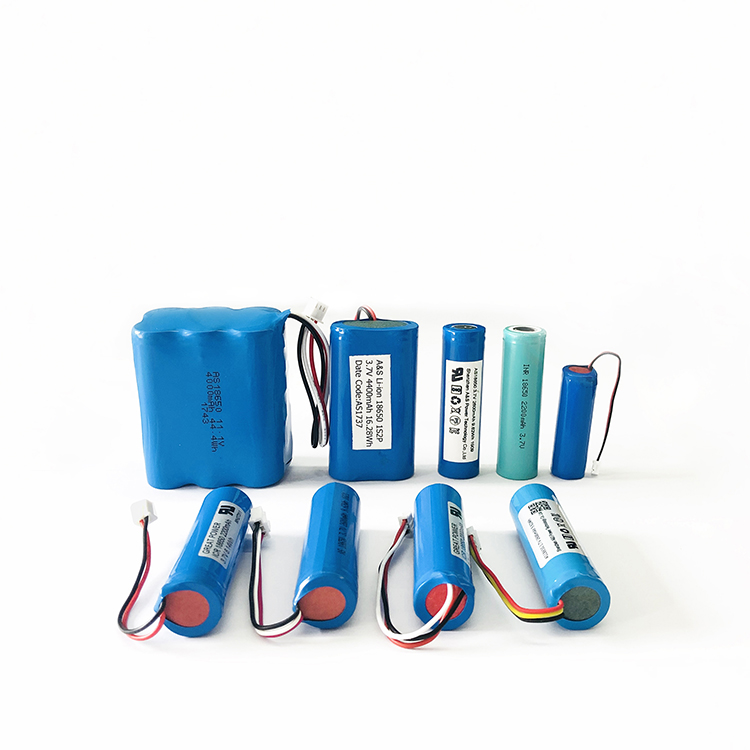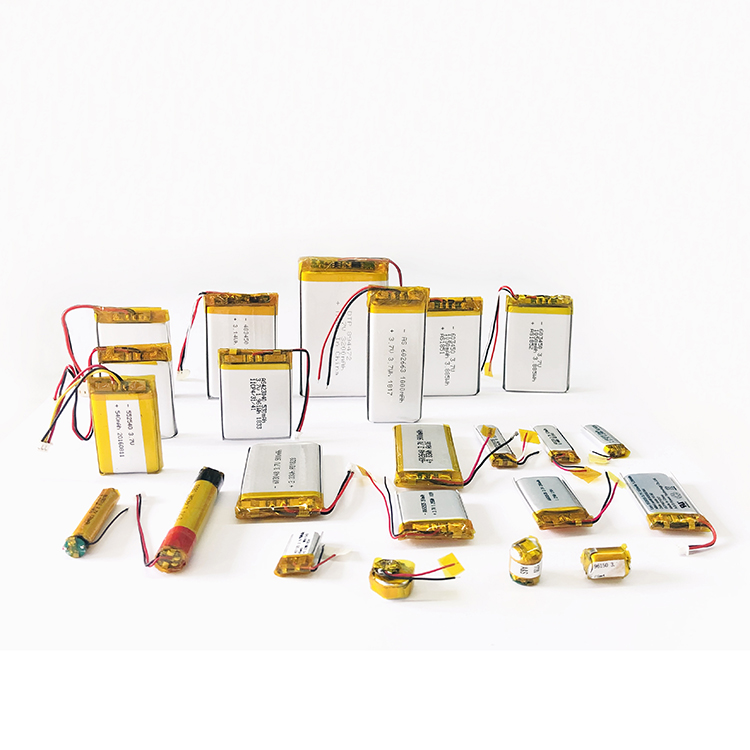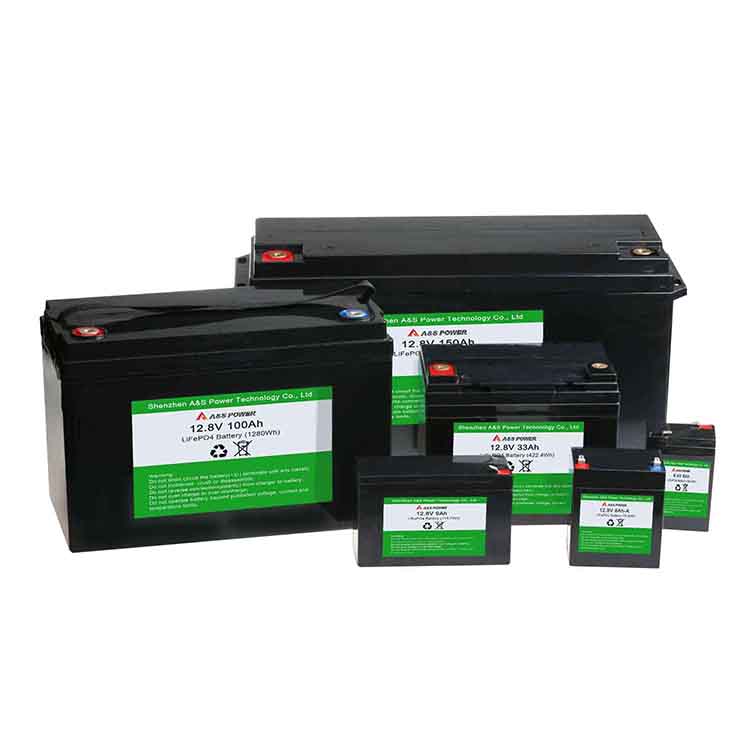Battery
Application
Hot product
Contact us
Environmental protection method of Lithium Ion battery manufacturing and recycling
2021-07-02
According to reports, researchers have demonstrated a green and sustainable manufacturing method for lithium-ion batteries (LIB), which can avoid the use of harmful organic solvents in the production and recycling of battery electrodes.
The researchers found that the rate performance and cycle life of the electrodes fabricated by the water-based process were comparable to those made by the traditional solvent based process. The electrochemical performance of the new electrode is similar to that of the original electrode after the successful regeneration of such compounds.
In the process of battery manufacturing and processing, mass production of lithium-ion batteries may cause environmental problems. Traditional lithium ion battery electrodes, especially cathodes, were prepared by slurry method using N-methylpyrrolidine (NMP) as solvent.
However, NMP is an expensive regenerative toxic substance. In addition, in the production process of lithium-ion batteries, about 47% of the energy consumption is spent in the electrode drying process, which is used for evaporation and recovery of NMP solvent. If NMP is replaced by water, the energy consumption can be reduced by a quarter. On the drying chamber equipment, 29% of the energy is consumed to control the humidity and temperature of slurry mixing and casting operations. Therefore, it is necessary to develop new electrode production processes and / or NMP substitutes to reduce processing costs and energy consumption.
The researchers found that the rate performance and cycle life of the electrodes fabricated by the water-based process were comparable to those made by the traditional solvent based process. The electrochemical performance of the new electrode is similar to that of the original electrode after the successful regeneration of such compounds.
In the process of battery manufacturing and processing, mass production of lithium-ion batteries may cause environmental problems. Traditional lithium ion battery electrodes, especially cathodes, were prepared by slurry method using N-methylpyrrolidine (NMP) as solvent.
However, NMP is an expensive regenerative toxic substance. In addition, in the production process of lithium-ion batteries, about 47% of the energy consumption is spent in the electrode drying process, which is used for evaporation and recovery of NMP solvent. If NMP is replaced by water, the energy consumption can be reduced by a quarter. On the drying chamber equipment, 29% of the energy is consumed to control the humidity and temperature of slurry mixing and casting operations. Therefore, it is necessary to develop new electrode production processes and / or NMP substitutes to reduce processing costs and energy consumption.
According to the researchers, the water-based processing electrode used in this study has excellent electrochemical performance, which is equivalent to that made from recycled materials. If some potential challenges can be solved, this method can provide a green and sustainable process for manufacturing and recycling lithium-ion batteries.


